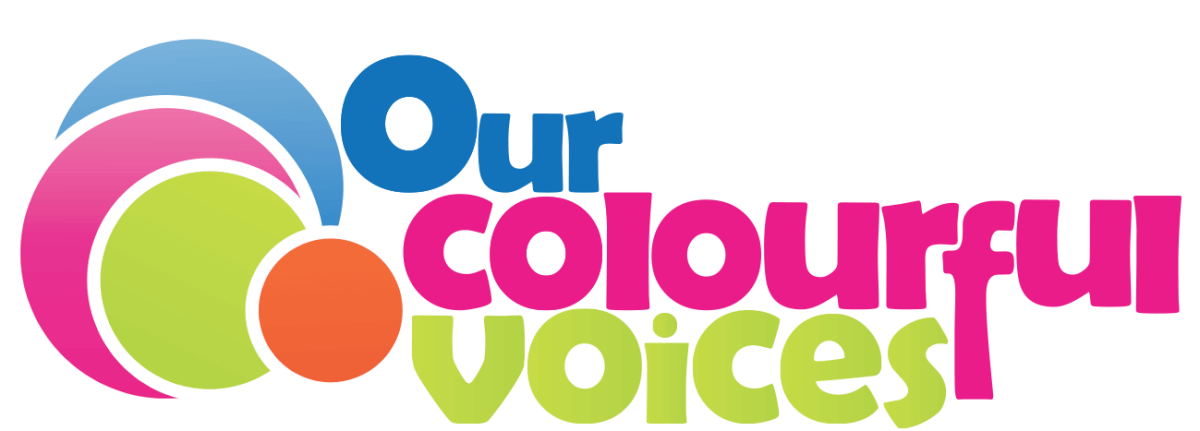Long Live Languages
Canada is among the list of countries that are officially multilingual which means they have more than one official language.
As for Canada, these two official languages are English and French which both have equality of status and equal rights to their use in all institutions of the Parliament and Government of Canada. However, Canada was not always bilingual and it was only on September 9th 1969 that the Official Language Act was passed and came into effect, making French an official language of Canada alongside English.
Although Canada has two official languages, English and French, according to the 2016 census only 17.9% of Canada’s population are bilingual and can understand both languages. Moreover, over half of Canada’s bilingual population (17.9%) is situated in the province of Québec alone. This is explained by understanding that Québec is the only province in Canada who’s official language is French but most of Canada’s other provinces official language are English which in turn forces many Québécois’s to learn English to be able to interact with the rest of their own country’s population.
Due to Canada’s large majority of English speakers, there has been a decline in French as a mother tongue and a language spoken at home in Canada. This worries many French speakers as if the French language is not being taught to English speakers then the language will become less and less spoken as the generations go by. To counter this problem, many French immersion schools are being promoted across the country. French Immersion schools are schools where all classes are taught in French except English class which is taught in English. This means that science, math, history, gym, art, band and any other class would be taught entirely in French whereas in English schools all those classes are taught in English. These new schools have only been introduced a mere 40 years and are becoming very popular among 2000’s generations. Many English speaking parents are seeing the value of their children learning to speak both languages in this ever globalized world, and they choose to to put their children in French immersion school elementary schools from kindergarten to grade 8 and then again in a French immersion high school for grades 9-12.
These efforts have kept the French Language alive and thriving especially in provinces other than Québec. Having myself experienced going to a French immersion school and high school, I can personally say that I have had an incredible experience and that I now consider French to be a big part of my identity and am incredibly proud to say so. I am proud that I am fluent in both my countries official languages and speaking both languages has presented me with fantastic opportunities that just English speakers wouldn’t have. Being able to speak another language has opened my mind to think in a different way and for that I forever see the world in a different light.
It is up to young generations to keep the existence of their countries languages going and to be proud of their heritage and spoken languages. May a language never be forgotten.
Written by: Amy Spearman
Correspondent CORIA Canadian
Bibliography: